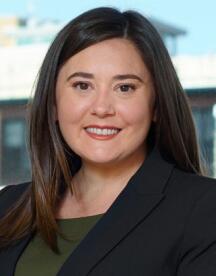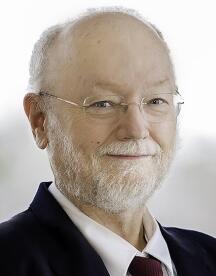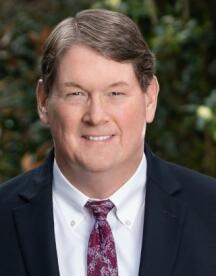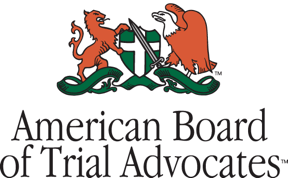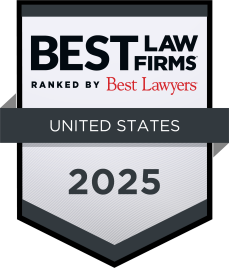The Community Associations Practice Group represents owners' associations in condominium, townhome, and single-family communities in addition to commercial/business communities, such as retail shopping centers, parking lots, wet and dry boat slip condominiums, yacht clubs, and other mixed-use communities. Our mission is to give experienced counsel and clear advice to boards of directors for the proper governance and administration of community associations, with the underlying goals of protecting and enhancing the quality of life in communities for the long term.
Community Associations
Community Associations Related Practices
Attorneys in the Community Associations Practice Group review and interpret association documents; draft association documents; prepare collection assessment policies and procedures; and provide assistance in the enforcement of rules, covenants, and restrictions. We regularly counsel boards of directors regarding the performance of their obligations and duties arising under association documents and applicable regulatory and statutory provisions, and we advise boards on matters of administration and governance of their associations and the communities. Our services include meeting with new boards and directors to help them understand their legal responsibilities in the discharge of their duties, their potential liabilities, and their relationship to the members of the association.
Governing documents for community associations are typically prepared at the direction of the developer and usually establish a period of developer control of the community and the association. Either by provisions of the governing documents or by operation of law, control of the association will be transferred to the owners in the future. The attorneys in this Practice Group have considerable experience in structuring and implementing transition procedures, including negotiating with developers to resolve a variety of issues arising from events occurring during the developers' control of the associations.
Other services we regularly provide community associations are resolution of construction, insurance, contract, and leasing issues, as well as the negotiation and preparation of contracts with various types of entities. The Practice Group also assists clients in complying with state and federal laws such as the Fair Debt Collection Practices Act, the North Carolina Condominium Act, the North Carolina Nonprofit Corporation Act, the North Carolina Planned Community Act, and the North Carolina Unit Ownership Act.
When disputes with individual owners arise regarding the architectural requirements in associations' governing documents, we often represent associations in resolving these disputes. These disputes typically involve homeowners who violate the architectural requirements by failing to submit architectural drawings or plans for approval to the board of directors or the association's architectural committee or who violate the architectural requirements by failing to ensure that their construction project or its final product complies with the approved architectural drawings or plans. We have successfully resolved many of these disputes prior to the association having to take any adverse action against an owner. When a resolution cannot be reached by agreement, we have successfully pursued litigation at the request of associations to enforce the architectural requirements in their governing documents.
As part of a full-service law firm, attorneys in the Community Associations Practice Group draw on the experience of attorneys in other practice groups within the Firm to ensure that clients' needs are met. Attorneys in our Business, Creditors' Rights, Labor and Employment, Litigation, and Real Estate Practice Groups are engaged as needed to provide services to our association clients. 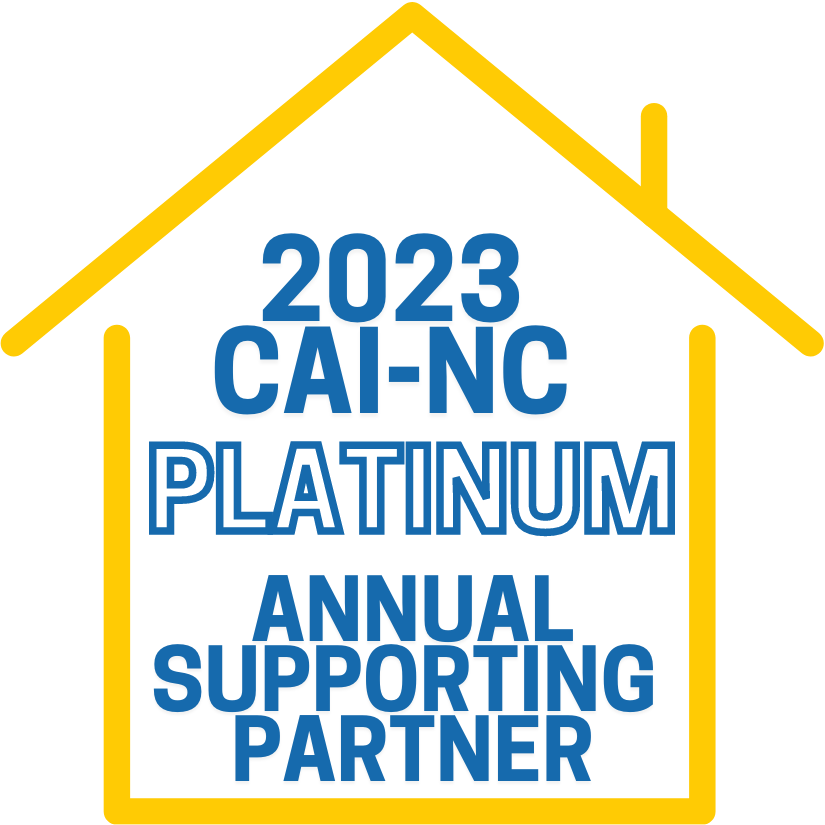 Beyond the daily work of assisting boards of directors, our attorneys conduct educational seminars for our association clients and association managers, and participate with the Community Associations Institute to offer seminars on community association issues. We also send bulletins to clients on relevant issues or matters that require immediate attention or consideration.
Beyond the daily work of assisting boards of directors, our attorneys conduct educational seminars for our association clients and association managers, and participate with the Community Associations Institute to offer seminars on community association issues. We also send bulletins to clients on relevant issues or matters that require immediate attention or consideration.
Attorneys in the Community Associations Practice Group bring to their work a range of complementary experiences, including the following: a former law clerk to the Honorable Malcolm J. Howard, United States District Judge for the Eastern District of North Carolina; speakers on creditors' rights issues; authors of articles on debt and bankruptcy, debt collection, and credit; participants in drafting and sponsoring new legislation and amendments to existing legislation affecting community associations; speakers and panelists for continuing legal education programs sponsored by the North Carolina Bar Association; and speakers and panelists for programs sponsored by the Community Associations Institute and other private and civic groups.
Our attorneys belong to many organizations relating to their practice areas, and they are members of numerous professional organizations such as the American Association for Justice, American Bankruptcy Institute, American Society of Civil Engineers, Community Associations Institute, North Carolina Advocates for Justice, North Carolina Association of Defense Attorneys, North Carolina Bar Association (Construction Law; Real Property Law; and Zoning, Planning and Land Use Law Sections), and North Carolina Land Title Association.
Ward and Smith's commitment to providing exceptional client service is an ongoing professional goal for each member of our Firm. We achieve this objective by creating and maintaining unique attorney-client relationships. Our clients appreciate the advantage of having accessible attorneys, and we encourage them to call whenever a legal question or concern arises. Our attorneys make themselves available, at work or at home, in or out of the office. We are a full-service law firm whose focus never strays from our core values of reliability and responsiveness.
We are your established legal network with offices in Asheville, Greenville, New Bern, Raleigh, and Wilmington, NC.









